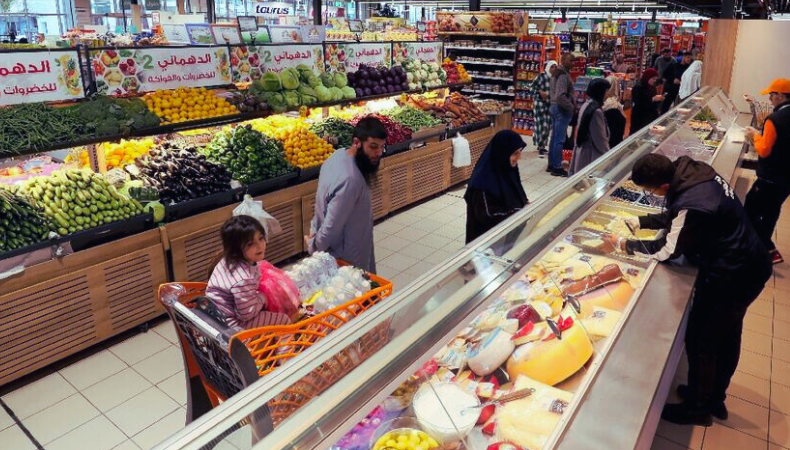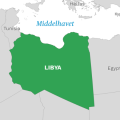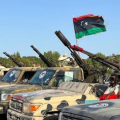Libya’s Currency Collapse Sends Basic Goods Prices Soaring

Libya’s economic situation has taken a turn for the worse as the country’s currency, the Libyan dinar, has been rapidly losing value. The dinar’s depreciation has sent shockwaves throughout the nation, causing the prices of essential goods to skyrocket, making it increasingly difficult for ordinary citizens to afford necessities.
Spiralling Prices, Shrinking Wallets
The effects of the dinar’s devaluation are evident in the soaring prices of everyday items. Staple foods like bread, rice, and vegetables have become luxury items for many households. Families struggle to put food on the table as their hard-earned money buys less and less. Even basic hygiene products and clothing have become unattainable for those living on limited incomes.
Fuel Crisis Compounds Woes
The crisis has been further exacerbated by fuel shortages, forcing many businesses and industries to halt operations or drastically reduce their output. The scarcity of fuel has also led to long queues at gas stations, with citizens waiting for hours to fill up their vehicles. This has not only disrupted daily routines but has also added to the overall burden on household budgets.
Imports Hit Hard
Libya relies heavily on imports for many essential goods, and the weakened dinar has made these imports increasingly expensive. Medicines and medical supplies, which were already in short supply, have become even harder to obtain as their prices have skyrocketed, putting the health and well-being of countless Libyans at risk.
Ripple Effects on Daily Life
The economic crisis has had far-reaching effects on every aspect of daily life in Libya. Families struggle to pay rent and utility bills, while education and transportation costs have become prohibitive for many. The declining purchasing power has forced households to make difficult choices, often sacrificing essential needs to make ends meet.
Keep Reading
Government Intervention Needed
In the face of this dire situation, many Libyans are calling for urgent government intervention to stabilise the economy and provide relief to the struggling population. Measures such as subsidies, price controls, and economic reforms are being proposed to alleviate the burden on citizens and prevent further deterioration of living standards.
The depreciation of Libya’s currency has plunged the country into an economic crisis, with the prices of basic goods soaring beyond the reach of ordinary citizens. As the dinar continues to lose value, the ripple effects are being felt across all sectors of society, threatening the very fabric of daily life for millions of Libyans. Decisive action from the government is needed to address this pressing issue and provide relief to the struggling population.










